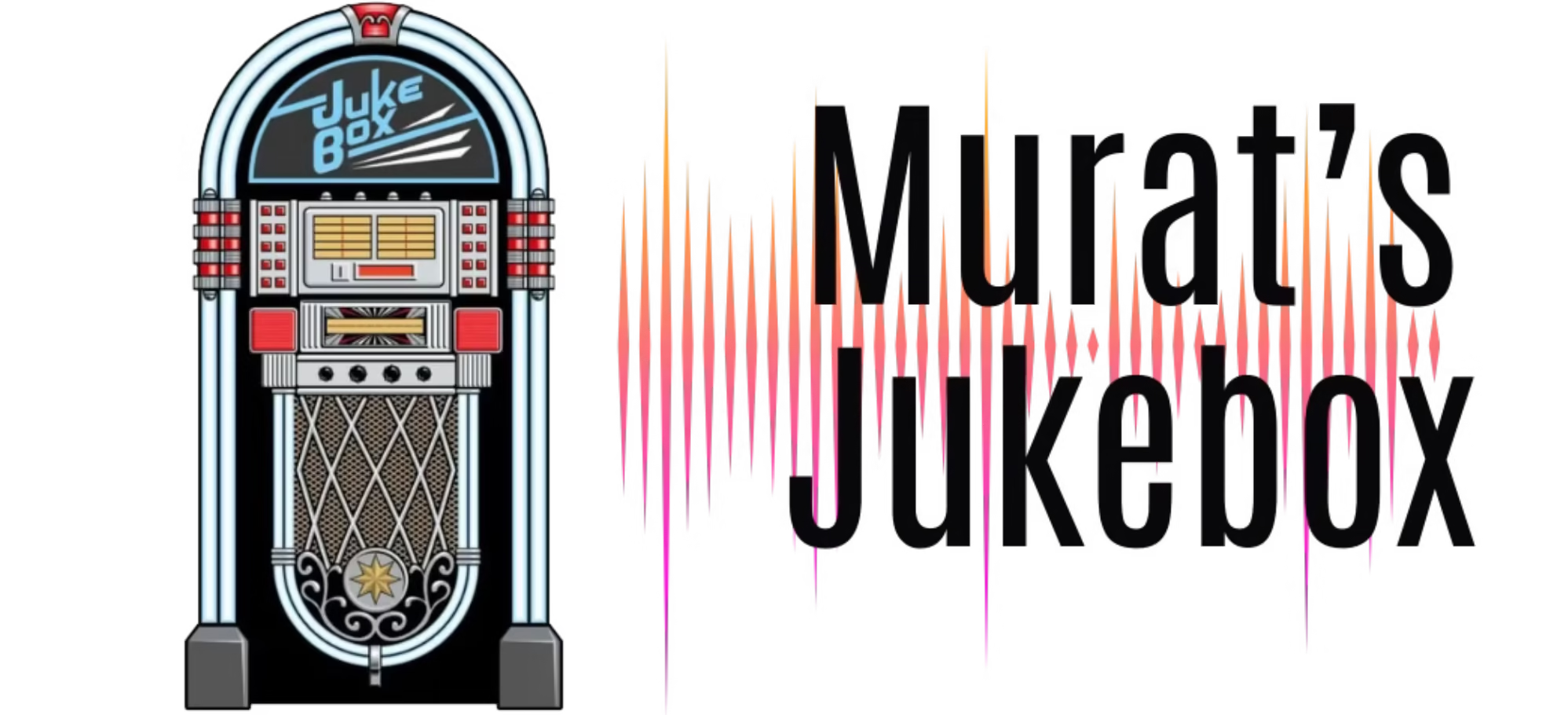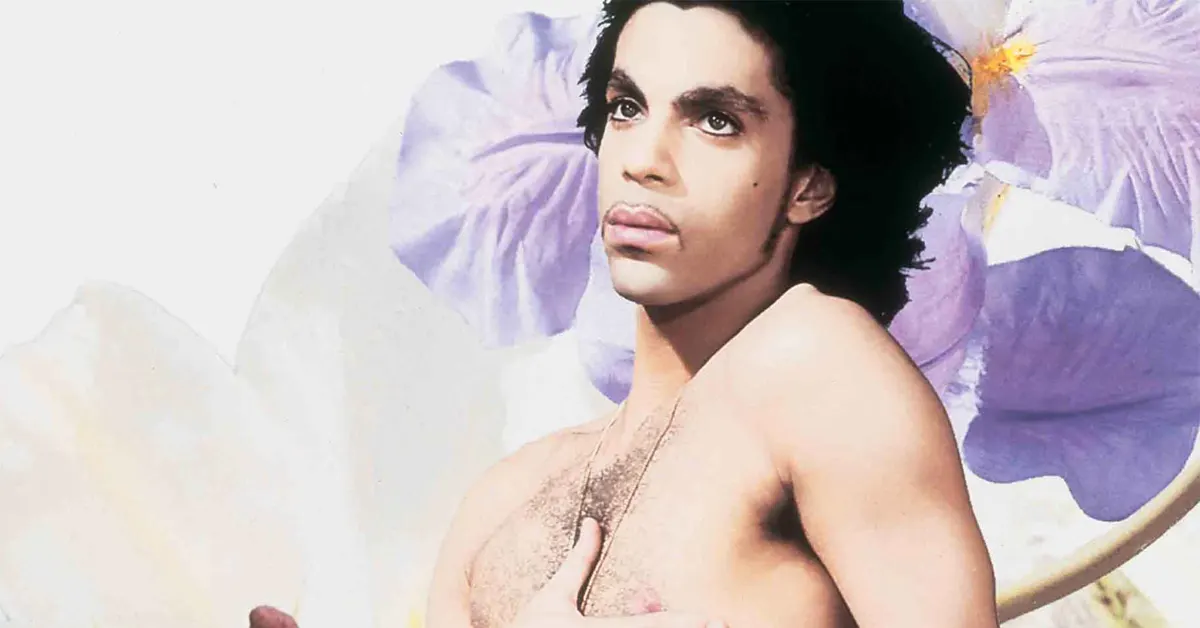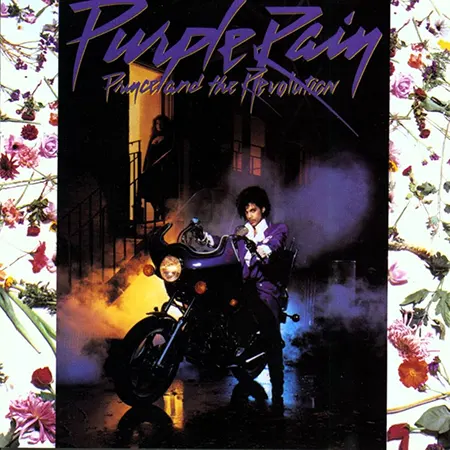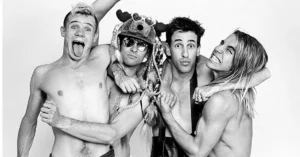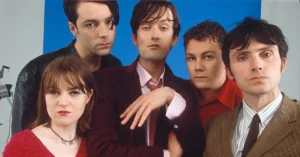Prince: The Purple Genius of Pop, Funk, and Rock
Prince. Early Life and Musical Roots
Full Name: Prince Rogers Nelson
Born: June 7, 1958 – Minneapolis, Minnesota
Died: April 21, 2016 – Chanhassen, Minnesota
Prince was born into a musical family:
- His father, John Nelson, was a jazz pianist
- His mother, Mattie Shaw, was a jazz singer
- He was named after his father’s stage name, the “Prince Rogers Trio”
A prodigious talent, Prince taught himself to play piano, guitar, bass, and drums by age 12. By his teens, he was recording music and playing in Minneapolis bands, combining funk, R&B, pop, and rock with sexual bravado and artistic mystery.
Prince. Breakthrough and Early Albums (1978–1981)
✦ For You (1978)
- Prince’s debut album at age 20
- Played every instrument himself
- Showcased his falsetto and blend of soul, disco, and funk
✦ Prince (1979)
- Contained his first hits:
- “I Wanna Be Your Lover” – #1 R&B and Top 40 pop hit
- Revealed Prince’s genius for melody, sexuality, and sonic control
✦ Dirty Mind (1980)
- Bold, raw, and minimalist
- Explored themes of sex, politics, and rebellion
- Songs like “Uptown” and “Head” shocked mainstream listeners
✦ Controversy (1981)
- Pushed boundaries further with tracks like “Sexuality” and “Do Me, Baby”
- Blended , funk, and electro-pop
By this time, Prince was both admired and feared for his genre-defying music and androgynous image.
Prince. Global Stardom: 1999 and Purple Rain (1982–1984)
✦ 1999 (1982)
- First double album; major breakthrough
- Hits:
- “1999”
- “Little Red Corvette” – One of the first Black artists featured on MTV
- “Delirious”
- Introduced The Revolution, his first major backing band
- A fusion of synth-pop, funk, and arena rock
✦ Purple Rain (1984)
- Soundtrack to the film Purple Rain, loosely based on Prince’s life
- Won an Academy Award for Best Original Score
- Stayed at #1 on Billboard for 24 weeks
Prince. Iconic tracks:
- “When Doves Cry” – #1 hit with no bassline
- “Let’s Go Crazy” – A gospel-fueled rock anthem
- “Purple Rain” – A stadium-sized power ballad
- “I Would Die 4 U,” “Take Me with U”
Purple Rain is considered one of the greatest albums of all time, cementing Prince as a global superstar and musical revolutionary.
Prince. Constant Evolution and Bold Experiments (1985–1992)
Prince never stood still — he experimented with funk, psychedelia, jazz, and pop:
✦ Around the World in a Day (1985)
- A psychedelic departure
- “Raspberry Beret,” “Pop Life”
- Showed influence from The Beatles and Sly Stone
✦ Parade (1986)
- Soundtrack for Under the Cherry Moon
- Contained “Kiss” – A minimalist funk-pop smash
✦ Sign o’ the Times (1987)
- A double album hailed as a masterpiece
- Blended social commentary with personal vulnerability and experimentation
- “U Got the Look,” “If I Was Your Girlfriend,” “The Cross,” “Adore”
✦ Lovesexy (1988) and Batman (1989)
- Eclectic and sometimes divisive
- “Alphabet St.,” “Batdance”
Prince’s work in the late ’80s was dense, spiritual, and genre-defying, influencing everyone from Beyoncé to D’Angelo.
The Symbol Era and Label Battles (1993–2000)
In 1993, Prince famously changed his name to an unpronounceable symbol (⚥), often referred to as “The Artist Formerly Known as Prince”.
Why?
- Protest against Warner Bros. Records, who he felt were stifling his creativity
- He wrote “Slave” on his cheek during performances
- Released music independently and prolifically
Notable releases:
- Come (1994), The Gold Experience (1995) – Featuring “The Most Beautiful Girl in the World”
- Emancipation (1996) – A 3-disc set after gaining freedom from Warner
- Crystal Ball, The Truth, Rave Un2 the Joy Fantastic
This was Prince at his most unfiltered, rebellious, and experimental, building direct-to-fan models long before the internet made it common.
2000s and Late-Career Renaissance
With his name restored in 2000, Prince began a critical and commercial revival.
✦ Musicology (2004)
- Marked his return to the mainstream
- Won Grammy Awards
- Successful tour included a free album with every ticket
✦ 3121 (2006), Planet Earth (2007), Lotusflow3r (2009)
- Continued innovation with funk, soul, and electronics
- Became a festival headliner and mentor to younger artists
Prince was now an elder statesman of pop and funk, yet still wildly creative and fiercely independent.
Final Years and Legacy (2010–2016)
Prince remained prolific, mysterious, and deeply committed to live performance:
- Surprise shows, secret after-parties, and spontaneous releases
- HitnRun Phase One & Two (2015) — funky and politically sharp
- Advocated for artist rights and digital independence
✦ Death:
Prince died unexpectedly on April 21, 2016, from an accidental fentanyl overdose at his Paisley Park estate in Minnesota. His death shocked the world and led to a massive outpouring of tributes.
Musical Style and Innovation
Prince blurred and rewrote the lines between:
- Funk and rock
- Pop and jazz
- Sexuality and spirituality
- Genre and identity
He played over 25 instruments, produced his own music, and had total control of his sound.
Noted for:
- Unique guitar prowess (one of the most underrated guitarists in rock)
- Expressive falsetto and vocal range
- Revolutionary music videos and fashion
- Socially and sexually conscious lyrics
Legacy and Cultural Impact
Prince’s influence spans generations and genres:
- Beyoncé, Justin Timberlake, The Weeknd, D’Angelo, Lenny Kravitz, Janelle Monáe, and many others cite him as a direct influence
- A trailblazer for artist ownership, genre fluidity, and gender expression
- Inducted into the Rock and Roll Hall of Fame (2004)
- Over 150 million records sold worldwide
His music is still being unpacked, and his vault contains thousands of unreleased songs.
Interesting Facts
- Wrote massive hits for others:
- “Nothing Compares 2 U” (Sinead O’Connor)
- “Manic Monday” (The Bangles)
- “I Feel for You” (Chaka Khan)
- Turned down offers to collaborate with Michael Jackson on “Bad”
- Once gave a flawless guitar solo on “While My Guitar Gently Weeps” at the Rock Hall tribute
- Founded Paisley Park, a recording complex and creative sanctuary
- Maintained complete control of his career and image, even refusing streaming services he disagreed with
